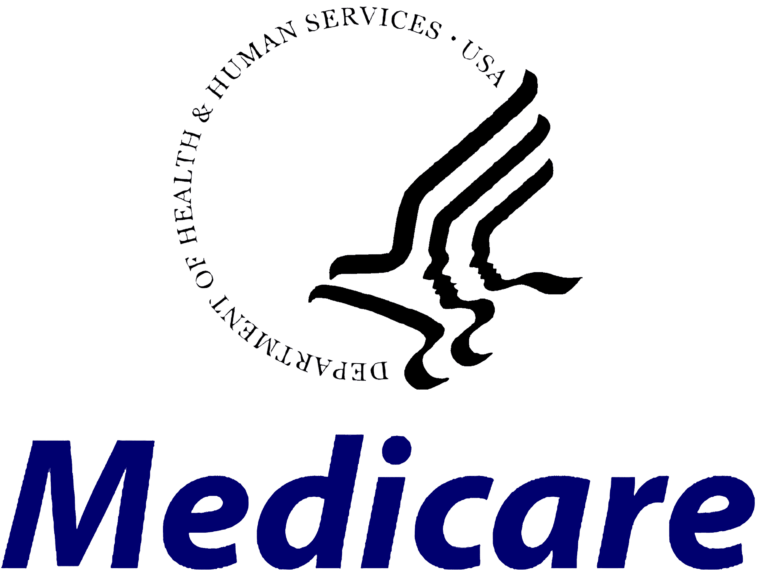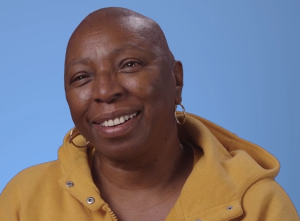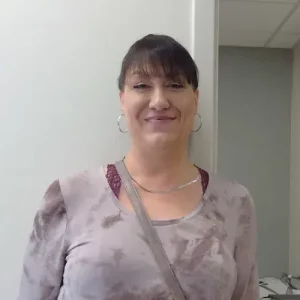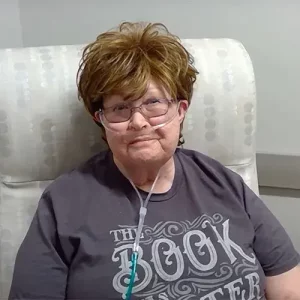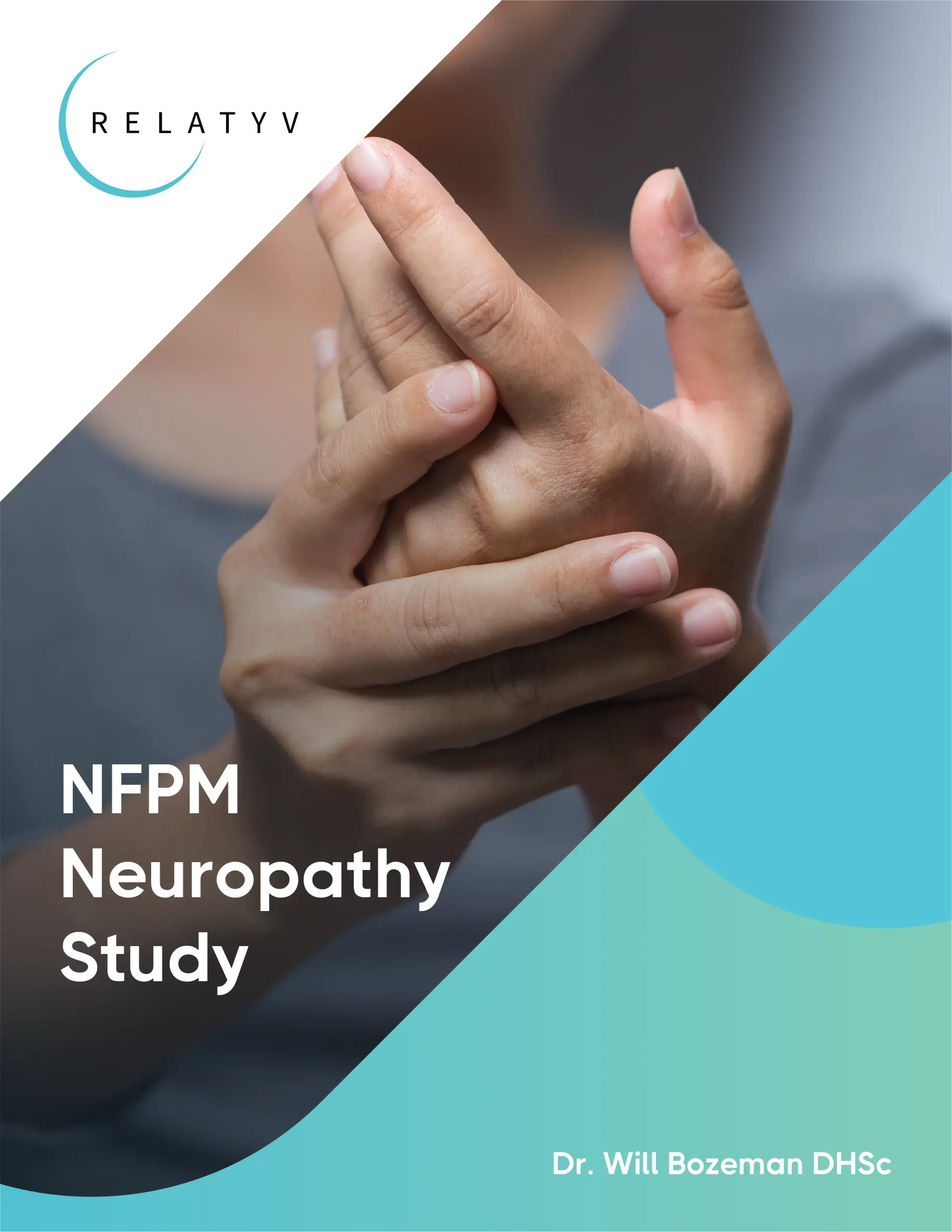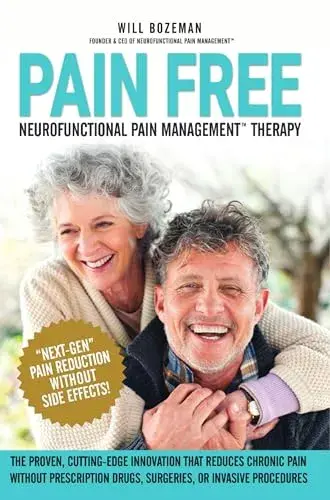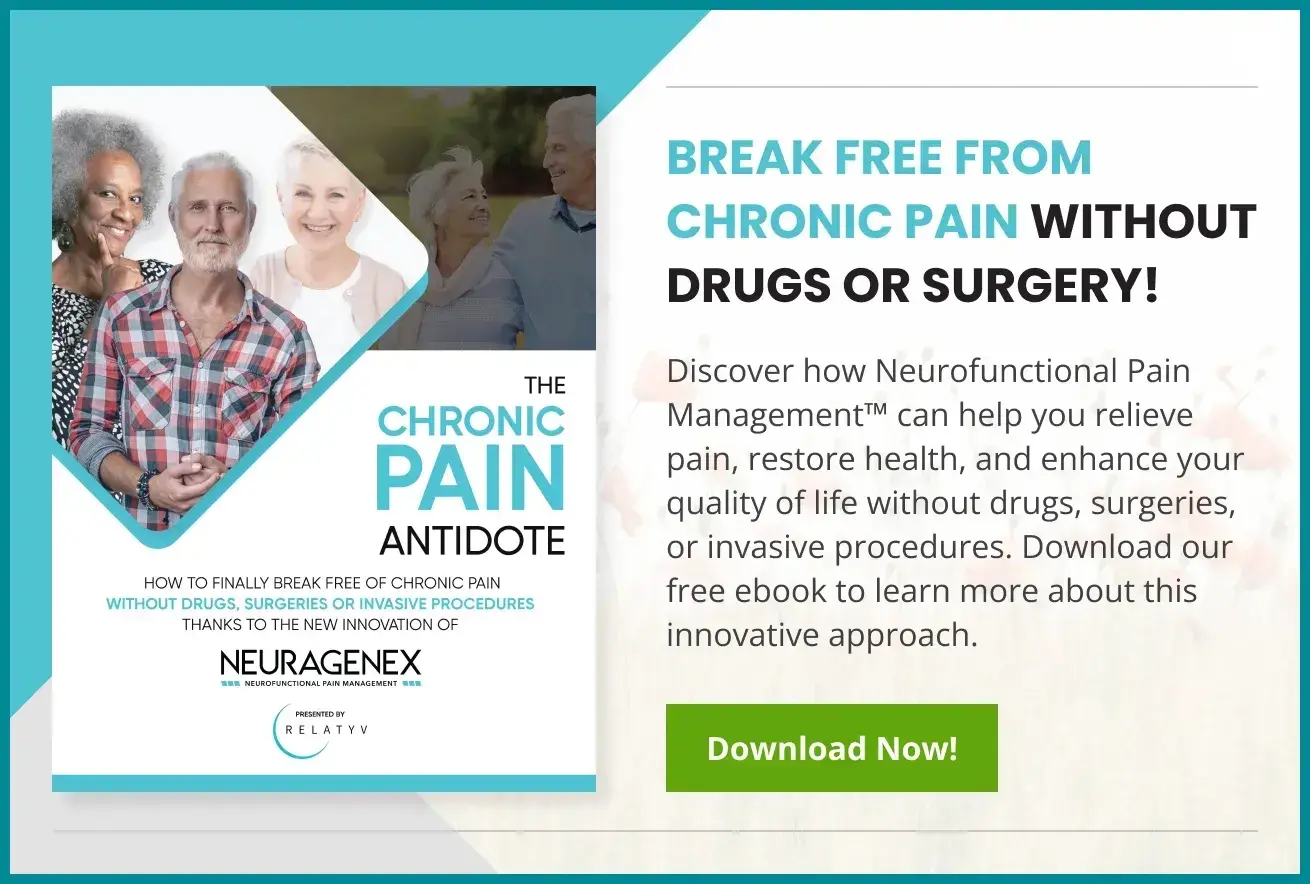CPS is a chronic neurological disorder that displays ongoing, intense pain and discomfort due to dysfunction or damage to the central nervous system.
It can generate feelings of all-over body pains, often described as burning or stabbing sensations that are persistently at moderate to severe levels. It can worsen with touch, movement, emotional challenges, and temperature changes.
CPS is a complex condition in that the painful symptoms are generated directly within the central nervous system, unlike conditions that result from issues of the peripheral nervous system, such as peripheral neuropathy.
Remember, the central nervous system includes the sensory pathways of the brain, brainstem, and spinal cord. This means CPS can develop due to damage and dysfunction in any of these areas, causing inappropriate pain signals to be generated within the brain or spinal cord.
It’s for this reason that CPS is linked to various neurological disorders like multiple sclerosis, as well as any central nervous system-related trauma, such as stroke or spinal injuries.
It is important to note that while CPS is primarily a condition of the central nervous system, it can also develop among advanced peripheral nerve conditions. You see, when acute pains become chronic, as is often the case in rheumatoid arthritis, they may develop into central pain, putting patients at risk of developing CPS.
Because pain nerves within the central nervous system are substantially stronger than peripheral nerves, CPS can lead to a considerably higher pain response if damaged.
However, the nature and intensity of CPS symptoms can vary and are largely impacted by its various underlying causes.
Although CPS may be less common than some other neurological disorders, it emphasizes the complexity of the human brain’s role and the delicate balance of pain management and perception between the central nervous system and PNS.
In the next section, we will discuss the various conditions and injuries that can disrupt the central nervous system and potentially lead to CPS development.

